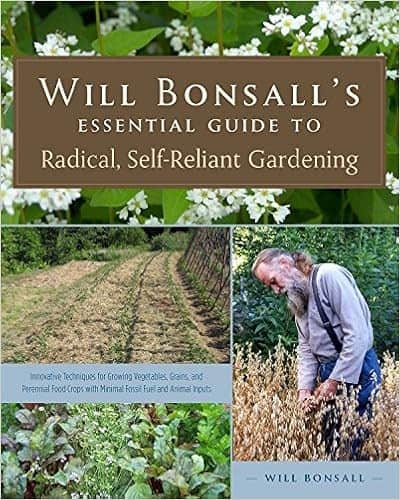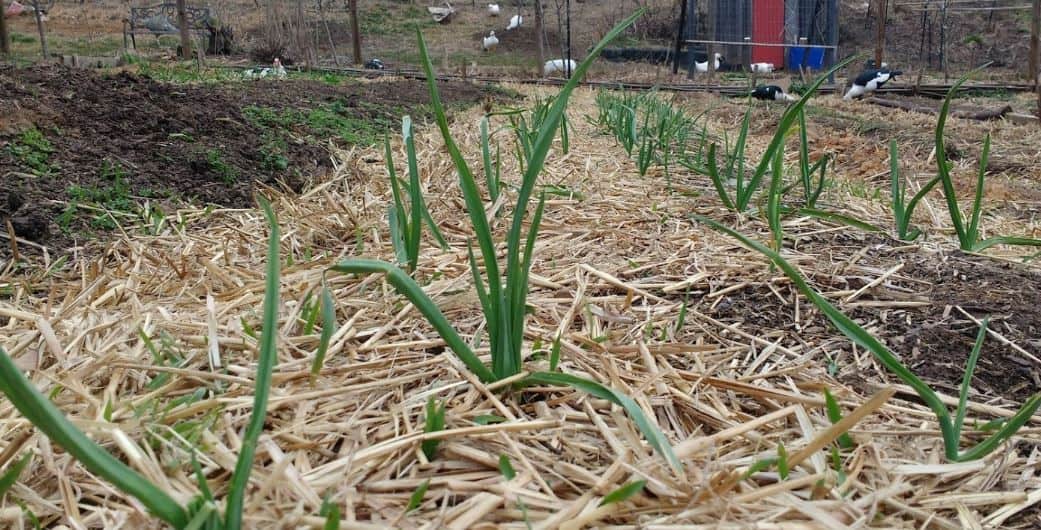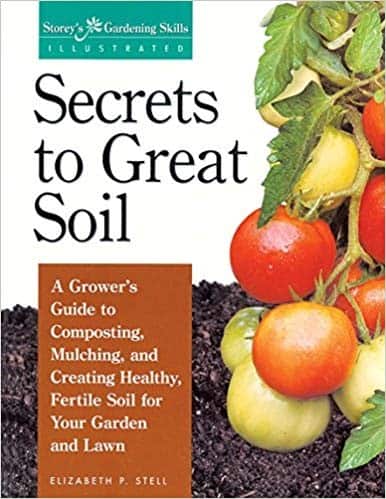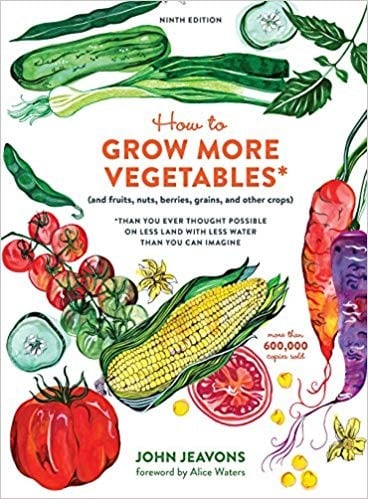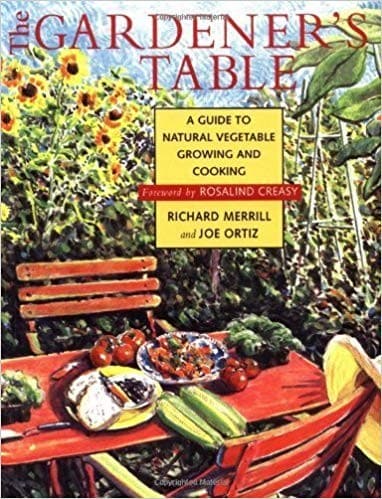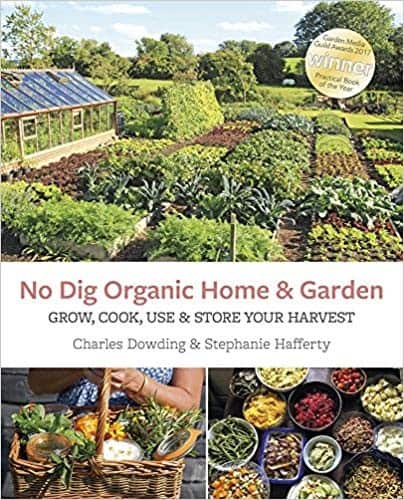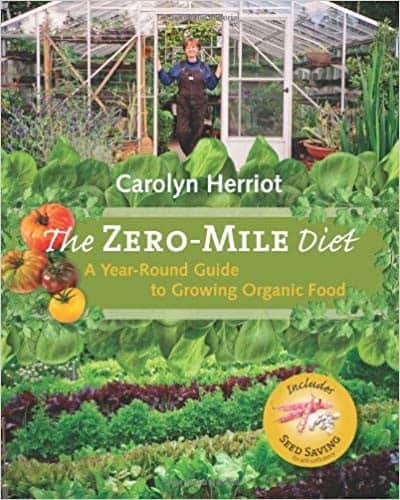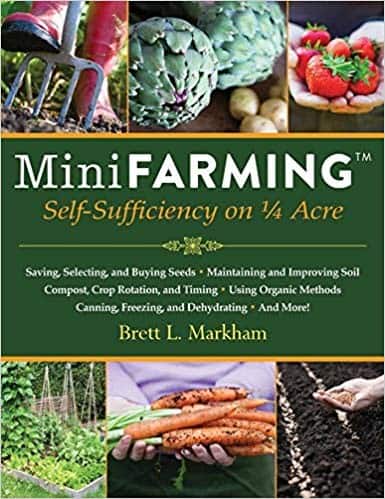I’ve had conversations with numerous individuals who express their desire to cultivate a garden, but are convinced they possess ‘black thumbs.’ They often share tales of their failed attempts at plant care, listing the various species they’ve inadvertently harmed.
If you’re one of these people, and you believe yourself to be similarly afflicted, I’m here to reveal a surprising truth: it’s not that your thumb is black, but rather, you haven’t yet acquired the necessary skills to tend to your garden with success.
The Truth About Gardening
While acknowledging that truth can be difficult to accept, it’s essential to recognize that understanding the truth about gardening can liberate us. The misconception that people should naturally excel in gardening is staggering. In reality, gardening is a learned skill that requires dedication and practice, much like any other art form or ability worth mastering. The key to rapid progress lies in seeking guidance from experienced gardeners.
If you’re eager to accelerate your learning curve, consider the following methods for studying with skilled gardeners and become proficient in no time.
Become a Master Gardener
In the United States, land-grant universities partner with publicly funded ‘extension offices’ to disseminate agricultural knowledge to a broader audience. These offices offer numerous free or low-cost classes to interested individuals, as well as run the Master Gardener Volunteer program. This program provides access to extensive gardening resources in exchange for volunteers contributing their time and expertise to share university research with local gardeners.
To become a master gardener volunteer, I had to complete 40 hours of training and 40 hours of supervised volunteer work under the guidance of senior master gardeners. The experience was unparalleled, providing me with comprehensive gardening knowledge and valuable hands-on experience by assisting with other gardeners’ projects. This allowed me to develop the skills to identify and address potential issues early on, effectively maintaining my homestead’s gardens.
While becoming a master gardener volunteer does require application and commitment to community service, I believe it is an excellent way to build local relationships and enhance one’s gardening abilities. Even if this path isn’t feasible, the extension program offers an abundance of free and valuable gardening information. Contact your local extension office to discover what programs are available in your area.
Take Free Online Classes
As I’ve observed among gardeners, there’s a strong desire to share their knowledge with others. This phenomenon likely stems from the numerous studies demonstrating that gardening has a profound impact on one’s happiness and health. When we feel good, it’s natural to want to help others experience similar benefits.
One of the most remarkable aspects of this community is the abundance of free resources available online.
From virtual classes to expert-led tutorials, there are countless opportunities for homesteaders to learn and grow without breaking the bank. Here are some of my favorite platforms for obtaining a free gardening education:
Ecology in Action – This platform offers video and written content, providing an exhaustive guide on how to cultivate a thriving garden using John Jeavons’ bio-intensive method.
No Dig – Charles Dowding’s YouTube channel is a treasure trove of information on no-dig gardening. His videos are not only informative but also visually stunning, making them ‘garden porn’ that will leave you eager to start your own garden.
Permaculture Courses – For homesteaders seeking to create closed-loop systems for their gardens (where the focus is on minimizing waste and maximizing efficiency), permaculture is an excellent approach.
While advanced courses may require payment, many introductory courses are available at no cost. I highly recommend Andrew Millison’s Intro to Permaculture, Bill Mollison’s Permaculture Lecture Series, and Will Hooker’s Introduction to Permaculture.
Grow Organic – This organic product retailer has an extensive library of gardening videos that are both easy to understand and accessible.
Although the content isn’t organized into structured classes, most videos are introductory level, allowing you to pick and choose the ones that interest you most.
Attend a Fair, Summit, or Symposium
When seeking a wealth of gardening knowledge in a concise manner, consider attending a gardening symposium or summit. These events are frequently hosted by botanical gardens, academic institutions, and gardening clubs and organizations during the spring and fall seasons. Moreover, many such events have transitioned to online platforms, allowing for greater accessibility. For instance, Mother Earth News has begun streaming education sessions from their regional fairs online.
I had the opportunity to participate in my first online gardening summit, the Homegrown Food Summit hosted by The Grow Network, back in 2014. It was there that I gained valuable insights on the importance of cultivating a homestead garden focused on high-calorie staple crops.
Read Gardening Blogs
As a beginner gardener, I found immense value in scouring online for insights from fellow green-thumbed enthusiasts. By immersing myself in the experiences of others – their triumphs, setbacks, and hard-earned lessons – I was able to sidestep common pitfalls and develop a stronger foundation for my own gardening journey.
Furthermore, seeking out expertise from seasoned gardeners with impressive track records allowed me to tap into their collective wisdom and glean valuable best practices that would have taken me years to discover on my own.
Read Gardening Books
When it comes to gardening guides, there are countless resources available that pack a punch. If you’re looking for inspiration or guidance on a specific type of gardening, I recommend checking out our curated list of the best gardening books for every type of garden. This comprehensive guide will provide you with a solid foundation for your gardening journey. For those focused on homestead food production, there are several essential reads that can’t be missed.
Two must-haves include ‘Secrets to Great Soil’ by Elizabeth P. Stell and ‘How to Grow More Vegetables’ by John Jeavons. These books offer invaluable insights into soil health, drainage issues, garden fertility, and more. Other notable mentions include ‘The Gardener’s Table’ by Richard Merrill and Joe Ortiz, which provides detailed growing instructions for a wide range of vegetables.
For those seeking a no-dig approach to gardening, ‘No Dig Organic Home & Garden: Grow, Cook, Use, and Store Your Harvest’ by Charles Dowding and Stephanie Hafferty is an excellent resource. Additionally, consider ‘The Zero-Mile Diet’ by Carolyn Herriot for its easy-to-follow planting information, organized by month. This book also covers seed saving for essential homestead vegetables, as well as herbs, canning, and other self-sufficient food-related skills.
For those looking to grow their own food on a smaller scale, ‘Mini Farming: Self-Sufficiency on 1/4 Acre’ is an excellent starting point. Brett Markham’s works, including the ‘Mini Farming Bible’ and ‘Maximizing your Mini Farm’, are also worth exploring. Lastly, if you’re looking to grow food using entirely vegetarian methods, Will Bonsall’s ‘Essential Guide to Radical, Self-Reliant Gardening’ is a must-read.
This book provides valuable insights on how to cultivate a garden without animal products and limited fossil fuel inputs.
Conclusion
When someone claims to have a black thumb, do them a favor by debunking the myth. The truth is, there’s no such thing as an incurable lack of greenery-growing prowess! What’s needed instead are some expert tips and the willingness to take the first step. With these building blocks in place, you’ll be well on your way to becoming a skilled gardener.
And when that happens, you’ll not only reap the rewards for yourself, but also have the opportunity to share your talents with others, spreading joy and nourishment far and wide.
